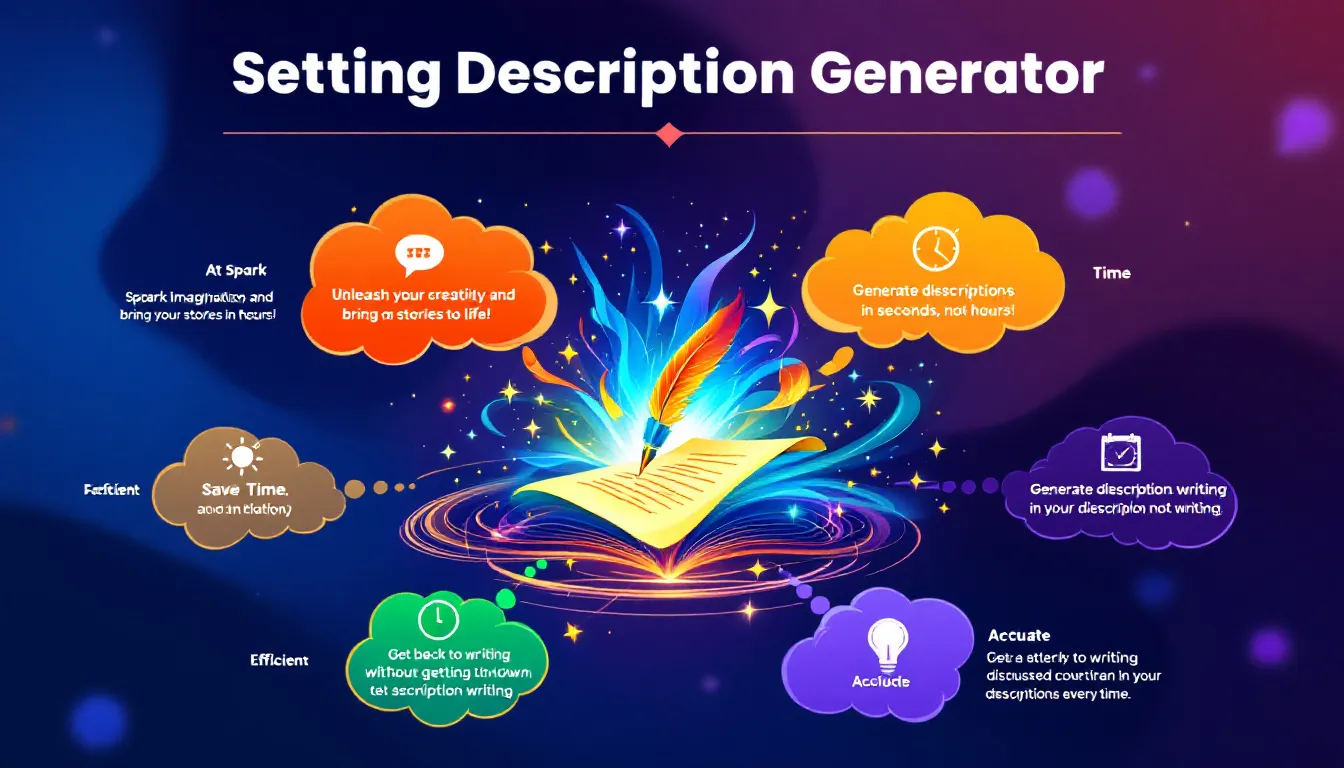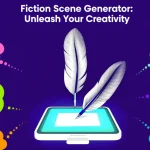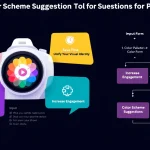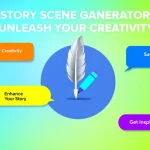Is this tool helpful?
How to Use the Setting Description Generator Effectively
This tool helps you craft vivid and immersive descriptions for your creative writing projects. To get the best results, fill out the form fields carefully as explained below. Here are practical tips and sample inputs to guide you:
-
Enter the main setting: Provide a clear and specific location or environment you want to describe.
- Example: “ancient desert temple”
- Example: “futuristic underwater research lab”
-
Specify time of day or lighting conditions (optional): Add details about when or how lighting affects the setting to set the mood.
- Example: “dawn with mist rolling”
- Example: “harsh midday sun”
-
Define the overall mood or atmosphere (optional): Indicate the emotional tone you want the description to convey.
- Example: “tense and foreboding”
- Example: “calm and hopeful”
-
Add specific sensory details (optional): Include sights, sounds, smells, tastes, or textures to enrich the description.
- Example: “buzzing of distant neon signs, metallic scent of machinery”
- Example: “soft crunch of snow underfoot, crisp pine aroma”
- Submit to generate your description: Click the generate button to produce a detailed, immersive description based on your input.
- Review and use the output: Read through the generated description. You can copy it to your project or revise it to suit your style.
The more precise and rich your inputs are, the better the tool can tailor the description to fit your creative vision. Experiment with different combinations to unlock unique and evocative scenes.
Introducing the Setting Description Generator: Purpose and Benefits
The Setting Description Generator is a practical tool designed to help writers and creators develop detailed, atmospheric descriptions for diverse environments. With minimal input, it generates richly layered scenes that capture mood, sensory details, and vivid imagery.
Its core purpose is to support creative professionals and hobbyists alike in overcoming challenges like writer’s block, limited descriptive vocabulary, and inconsistent world-building. Whether you’re writing fiction, developing a game, or creating screenplays, this tool supplies a strong foundation of evocative language to enhance your storytelling.
Key Benefits
- Save time by quickly generating detailed descriptive starting points.
- Boost creativity by introducing fresh sensory and emotional elements you might not have considered.
- Maintain consistency across multiple settings with uniform mood and tone.
- Expand your descriptive skills by learning from the rich vocabulary and techniques in the outputs.
- Adaptable for various genres and formats like fantasy novels, sci-fi, historical fiction, game design, or film production.
Practical Applications: How to Use the Setting Description Generator in Your Projects
Since this tool operates as an API-driven form, it excels in real-world creative workflows. Here are common practical uses:
1. Novel and Short Story Writing
Writers can use the generator to develop unique and immersive locations quickly. It helps build a sense of place that draws readers in and supports vivid scene-setting across chapters.
2. Screenwriting and Film Development
Screenwriters and production designers can create detailed scene descriptions for scripts or concept art. The generator’s output can inform set design, lighting, and mood boards to align visual storytelling with the narrative tone.
3. Game Environment Design
Game developers benefit by using the tool to generate immersive environment descriptions that shape level design, dialogue, and mission narratives—helping players feel truly present in the game world.
4. Educational Tool for Creative Writing
Teachers and students use the generator as a model for learning descriptive writing techniques. It highlights the integration of sensory details, mood, and vivid language to develop well-rounded settings.
5. Visual Arts and Concept Development
Concept artists and illustrators use generated descriptions as inspiration to visualize complex scenes, expanding their creative ideas with fresh sensory and atmospheric details.
Addressing Common Creative Challenges with the Setting Description Generator
Overcoming Writer’s Block Quickly
You can start with a blank page and a vague idea, but this tool immediately provides rich, structured descriptions that kickstart your creative flow.
Balancing Multiple Sensory Details
Instead of focusing only on sights, the generator weaves in sounds, smells, textures, and even tastes, creating a fully immersive experience for your readers or audience.
Maintaining Consistent Tone and Atmosphere
By defining the mood each time, you ensure your story’s settings share a coherent emotional quality, even when scenes vary greatly in content.
Enhancing Descriptive Variety
The tool uses varied sentence structures and fresh vocabulary to avoid repetitive or stale descriptions, keeping your storytelling vibrant and engaging.
Adapting Descriptions to Different Genres
Whether you’re writing fantasy, sci-fi, romance, or thriller, the generator tailors the output to fit the specific style and expectations of your genre.
Incorporating Historical and Cultural Context
When describing unfamiliar eras or cultures, you can specify pertinent details so the description reflects authentic setting characteristics and enriches your world-building.
Sample Use Cases Highlighting the Tool’s Versatility
Describing a Medieval Marketplace for a Fantasy Novel
Inputting a setting like “bustling medieval market,” time as “mid-morning,” mood as “lively and chaotic,” and sensory details such as “the scent of fresh bread, clinking coins, and vendors shouting” produces a vibrant scene. Writers can use this detailed description to immerse readers in a realistic fantasy world.
Creating Atmosphere for a Cyberpunk Video Game Level
Entering “neon-lit city alley,” lighting as “rain-soaked night,” mood as “tense and mysterious,” and sensory details like “distant sirens, electric buzz, and damp concrete” helps level designers build rich environment narratives that enhance player immersion.
Generating Scene Descriptions for Historical Drama Screenplay
For a “1920s jazz club,” with lighting as “dim candlelight,” mood as “smoky and nostalgic,” and sensory input including “saxophone melodies, clinking glasses, and perfume,” screenwriters get detailed descriptions that guide set design and scene tone.
Conclusion: Make Your Creative Settings More Vivid and Engaging
The Setting Description Generator empowers you to transform simple ideas into richly detailed scenes. It saves you time, fuels creativity, and strengthens your descriptive skills. Whether you’re writing a novel, creating a game, or crafting a screenplay, this tool provides a strong foundation to enhance your storytelling by vividly painting your settings with immersive sensory and emotional details.
Important Disclaimer
The calculations, results, and content provided by our tools are not guaranteed to be accurate, complete, or reliable. Users are responsible for verifying and interpreting the results. Our content and tools may contain errors, biases, or inconsistencies. Do not enter personal data, sensitive information, or personally identifiable information in our web forms or tools. Such data entry violates our terms of service and may result in unauthorized disclosure to third parties. We reserve the right to save inputs and outputs from our tools for the purposes of error debugging, bias identification, and performance improvement. External companies providing AI models used in our tools may also save and process data in accordance with their own policies. By using our tools, you consent to this data collection and processing. We reserve the right to limit the usage of our tools based on current usability factors.







